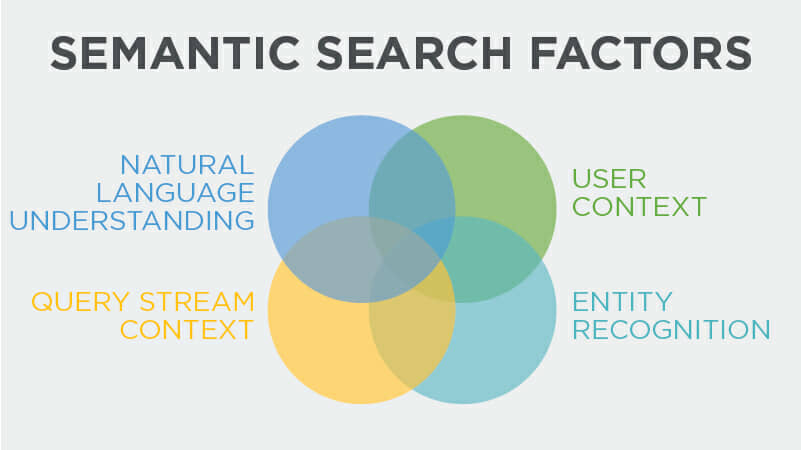boost your seo with questions as keywords

Search engine optimization is one of the fundamental skills you need to learn in order to get more eyes on your business in this social media-driven world, especially if you have a website as your online base.
While keyword-driven SEO has always been the standard, more and more entrepreneurs and content creators are now becoming privy to the use of questions as keywords in order to deliver helpful content to users.
Here are the different types of questions you can use as keywords to boost your SEO.
Direct Answer Questions
Questions that start with one of the 5 W-words (what, who, when, why which, where), as well as “how,” can fall under this category.
Many users tend to enter short questions in search engines like “What is a finch?”, and they’re looking for a direct answer. In this case, “bird” answers their question.
With the power of semantic search technology, big search engines like Google can accurately predict the user’s intent of getting a direct answer. Of course, those aren’t the only types of questions that Google can give direct answers to, but they’re by far the most common.
According to Semrush.com, the semantic search takes into account the following factors:
- Natural language understanding.
- User context.
- Query stream context.
- Entity recognition.
These answers are usually predicted by taking from top search results. They tend to involve sources of information like Wikipedia and Quora, as well as major websites that involve the topic being asked about.
Ranking for direct answer questions involve optimizing a number of factors. For instance, your content should answer the question as early as possible, like in the first sentence of the first paragraph.
You can mention the question first, then answer it so Google can better see it and tag your webpage for that question. Also, don’t just end your answer abruptly. You can elaborate on that answer and offer additional information in the rest of that content.
Make sure the answer and information you offer is verified so readers will better trust your website. The content must not be plagiarized and should not have shady SEO in it.
When it comes to creating informational content about a topic, you should put out all the stops so Google can see you clearly.
Short Answer Questions
These tend to be yes-or-no questions or questions that can be answered with just one sentence or phrase. The former tend to start with “Can” and the latter tend to start with a W-word, especially “why”.
Google would then spit out a snippet that answers the question then give a brief explanation to clarify that answer.
Ranking a web page for short answer questions involves mostly writing your content in a Q&A format that mentions the question first then answers it and elaborates on it as needed.
It’s important to make the language easy to comprehend, keeping it at a 5th grade level for best accessibility.
Long Answer Questions
There are certain questions that need to be fulfilled with a much longer answer. Examples would be inquiries on how to cook a certain dish, making a specific object, or fixing a problem on a gadget or a piece of software.
These tend to be instructions—step-by-step answers—that need to be displayed in an enumerated format. That means how the content is written is even more important as it should convey information concisely in an organized manner without sacrificing crucial details.
Google can accurately predict the user’s intent in looking for instruction and will pull up a summary of the topmost post with a snippet of the list of steps.
Ranking web pages for long answer questions is all about determining whether you’re able to fit all that instruction into reasonable length. Writing the answer in a step-by-step outline or list format is best.
If it’s still too long, you might as well answer it by video or image gallery. To an extent, Google prefers YouTube instructional videos for long answer questions of this nature.
Once again, you must make sure that the language is easy to read for readers of all levels. You should also include images whenever possible to show and not just tell what you’re trying to convey in your answer.
Remember to have your main heading be similar to the question being asked. This is one of the most important technical SEO factors for ranking pages made for long answer questions.
Finding Question Keywords
You can find question keywords through various means that have been tried and tested for SEO. Making use of keyword research tools is a good start, like the Keyword Magic Tool from SEMrush. It’s pretty good at finding question keywords containing a main keyword as a seed.
There’s also the SerpStat Search Questions function, which falls under the SEO Research submenu of the Keyword Research menu. Enter your main keyword and click on Search Questions under the Content Marketing function to bring up a list of questions, all sorted by popularity and by country.
There are plenty of useful tools out there, like
- SEMrush
- Topic Research
- AnswerThePublic
- Ubersuggest
- Seorch
- Instakeywords
and many more.

